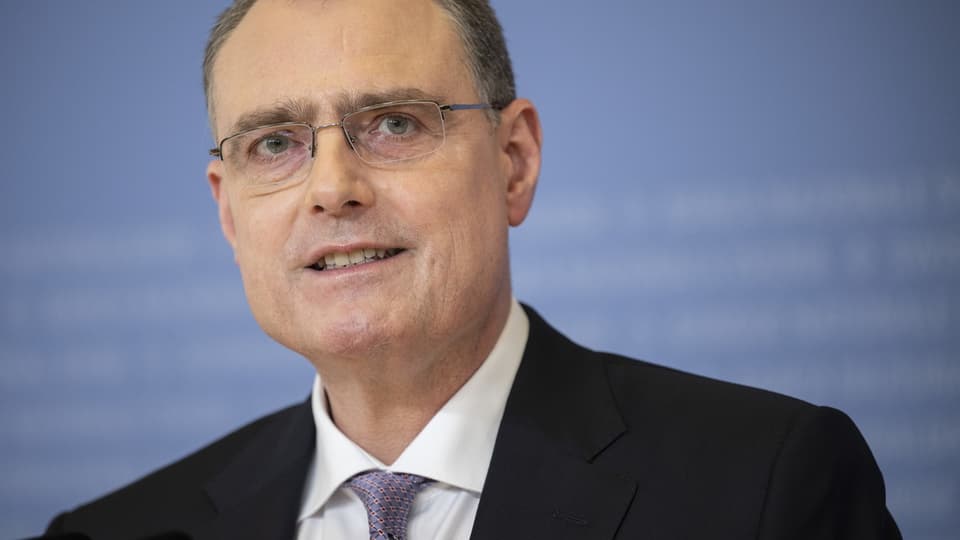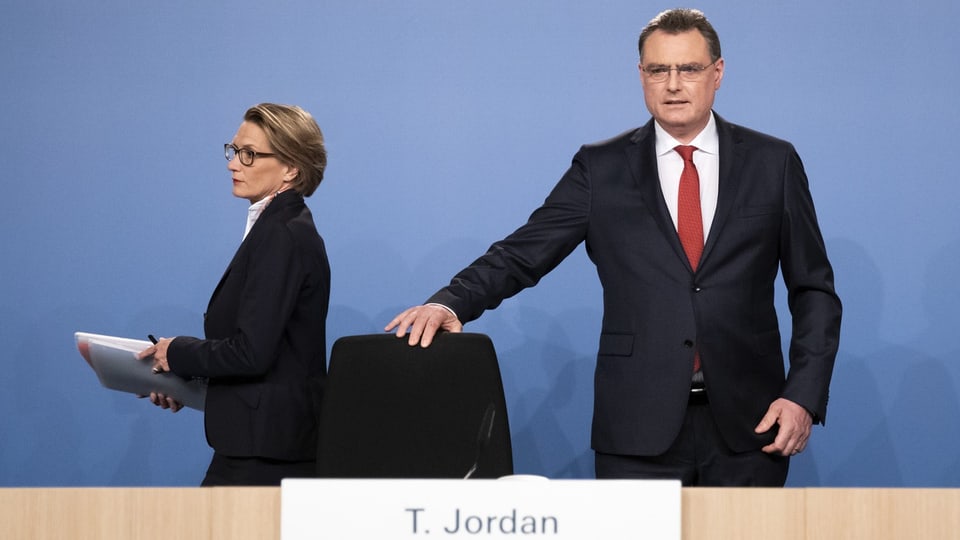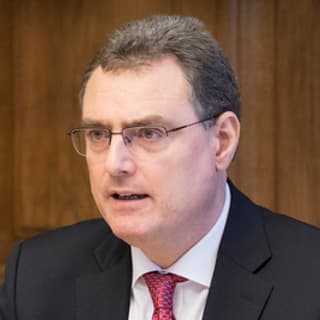Thomas Jordan has surprisingly announced his resignation as President of the Swiss National Bank: He wants to leave the SNB at the end of September after 27 years. In an interview with SRF News, the head of the central bank looks back on eventful years in which crises took their toll.
SRF News: Why are you resigning, Mr. Jordan?
Thomas Jordan: I have been President of the Swiss National Bank for twelve years. That’s a long time. The last few years have been stormy and the challenges have been great. Now things have become a little quieter. Price stability has been restored, inflation is below two percent and financial stability has been secured. I have come to the conclusion that now is the right time to resign.
They had phases health problems and were exposed to a lot of stress – not least during the CS crisis. Was the pressure of the office becoming too much?
No. I feel absolutely fit and, given my health, I could remain SNB President for a long time. I have now been at the National Bank for 27 years and have been on the board of directors for 17 of those years. The time to resign is good.

Legend:
Thomas Jordan explains in an interview that he doesn’t have any plans for his future professional future: “I’ll be fully committed to the National Bank until the end of September and then move on.”
Keystone/Ennio Leanza
There were many challenges during your time as National Bank President. The image cultivation after the “Hildebrand affair”, the abolition of the minimum euro exchange rate, the corona pandemic and the Credit Suisse emergency takeover: what was the biggest challenge in your opinion?
That is difficult to say. Dealing with a particular crisis is never easy. It always requires full concentration. In the last twelve years there has been virtually no time without major challenges. In the end, we were able to solve the problems and ensure price and financial stability. Overall, the National Bank fulfilled its task during this time.
It is the bank council’s job to find a suitable personality – and I am convinced that it will do that.
A successor has not yet been determined. What profile does a central banker have to fulfill?
The law dictates what you have to bring with you. It is now the task of the Bankrat, the supervisory body of the National Bank, to find a person and then recommend them to the Federal Council.
Martin Schlegel is considered your confidant and started as an intern under you. He is now vice president of the National Bank. Is he set for you as the new President of the National Bank?
I have no authority to interfere here. I can not say more about that. The processes are clear and you should follow them.
In your opinion, would it be time for a woman to head the National Bank?
It is important that the bank council finds the best possible person. There was already a woman on the board of directors of the National Bank. It is entirely possible that a woman will be elected again. It is the bank council’s job to find a suitable personality – and I am convinced that it will do that.

Legend:
In 2015, Andréa Maechler (left, next to Thomas Jordan) became the first woman in history to join the board of directors of the National Bank. She left the SNB at the end of June 2023.
Keystone/Peter Klaunzer (archive)
They leave the SNB with a bloated balance sheet. Is this a mortgage for your successor?
The balance sheet is the result of our monetary policy. We have been fighting crises in Switzerland for fifteen years. As a result, Switzerland has come through these crises very well compared to other countries. We had far fewer economic downturns and other problems. We have already reduced the balance sheet somewhat. It will be the task of the next Board of Directors to see whether and how it can further reduce this balance sheet.
When you make monetary policy, you always do so with great uncertainty. It only becomes clear later what the right decision was.
The SNB’s core task is to ensure price stability. Looking back, are you happy with it? Did you fight inflation early and decisively enough after the corona pandemic?
I would like to leave the judgment to others. But we can safely say that we are doing extremely well in an international comparison. Inflation peaked at 3.5 percent in Switzerland and was over ten percent abroad. Inflation in this country was only above two percent for about a year and a half. Now it is back to around 1.5 percent. Price stability was maintained very well throughout the entire period, and the price level also remained very stable. The National Bank has fulfilled its mandate.
Are there any mistakes you have learned from?
When you make monetary policy, you always do so with great uncertainty. It only becomes clear later what the right decision was. You have to live with this uncertainty. You have to make decisions that are as robust as possible and that produce acceptable results under many different scenarios. I think we succeeded quite well.
The interview was conducted by Pascal Lago.
